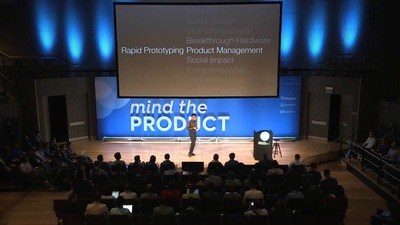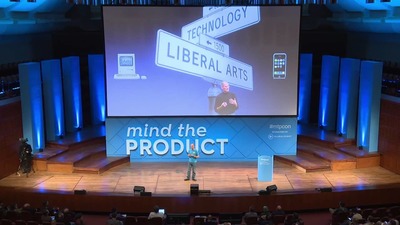Mind the Product
October 2015
10x not 10% - Product management by orders of magnitude
Most people try to improve their work by 10%, following the same path as everyone else, and fail. You spend most of your time trying to avoid small mistakes.
If you aim to improve by 10x (e.g. a factor of ten) then you have to tackle the problem completely differently. You’ll start trying to resolve the big external constraints. That’s how 1.5 billion smartphones rendered Kodak obsolete (40x the number of film cameras sold in their best year).
It’s a classic case of Optimization vs Innovation.
“It’s natural for people to want to work on things that they know aren’t going to fail. But incremental improvement is guaranteed to be obsolete over time. Especially in technology, where you know there’s going to be non-incremental change.” – Larry Page
It’s the classic innovator’s dilemma experienced at Kodak is an example of the loss aversion we all experience: losing hurts more than winning feels good, so we try to ‘under-promise and over-deliver’ by avoiding big bets
So how do we stop taking the obvious path, the safe path, the 10% path? The key is to stop thinking about incremental improvements and start thinking about 10x improvements. Just adding a zero, an order of magnitude, forces you to challenge your assumptions and approach the problem from a different angle, but this also frees you up to new ideas and new solutions.
Thinking 10x requires a whole new mentality and a whole new way of working. The irony is small startups think only big companies like Google with cash to burn can work this way – and big companies think only small risk-taking startups can work this way – but in this talk Ken outlines eight things every company can do to start organising itself to work this way.
And while not everyone is aiming to land on the moon, and not everyone works for Google or SpaceX, that doesn’t mean you can’t use moonshot thinking. If you set crazy ambitious goals and miss them, you’ve probably still achieved something remarkable.
Watch this illuminating and insightful talk and then share it with your colleagues – are you thinking 10x? Or will you iterate yourself to obsolence?
Ken Norton
See speaker profile
1 conference talk









